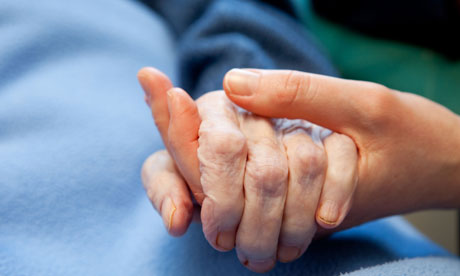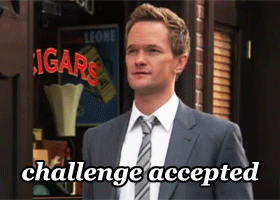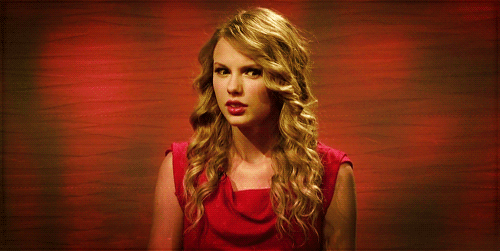Looks my last post was in June 2013. That's about 7 months ago. Yowza. Even for me... that's pretty bad. Oddly, compared to my first 3 years in medical school, I've been the most "free" over the last 7 months. Starting my fourth year has been an interesting transition. I don't go to class and I'm not going to the hospital for clinic work either. But it's odd. Because of the two research projects I'm working on, plus applying for residency programs, plus flying around for interviews... I still don't get why I didn't have time to write more on my blog.
Oh well.
Also a shout out to my new found readers: hello MS1s (for posterity sake: class of 2018)! I'm very happy and honored you guys stop by to read my blog! Sorry it's not nearly as posh as a blog should be.
So, what's up for today's topic? Empathy!
A popular question asked on the interview trail (for residency) is "What kind of patients get under your skin?" Now of course, this question actually has nothing to do with the question itself. The actual question they are asking is "Do you have insight into what bothers you, and what actions have you taken to deal with it?". I mean, it would be great if they actually asked the question they intend rather than beating around the bush. But maybe that's also part of the "test" - can you read between the lines. But I digress (as always). I strongly believe that all questions are best answered honestly. Even when others are trying to play games - such as interviewers are (I'm not blaming them - that's a topic for another day).
So I thought about. What kind of patients bother me.
That's an easy answer for me: the patients who don't take responsibility for themselves. Take (a completely hypothetical, but not unrealistic, example): a very obese patient, with type 2 diabetes, comes in with uncontrolled sugar levels. Maybe even HHNK! For those interested in medicine: most patients with type 2 diabetes don't actually go into DKA. They tend to go into HHNK because, unlikely patients with type 1 diabetes - an autoimmune destruction of insulin secreting cells in the pancreas (at least, that's what we think it is) - type 2 diabetics tend to secrete just enough insulin to prevent florid DKA.
Anyway. So there's this hypothetical patient sitting on his/her bed... with a box of fried chicken wings (that's right, right? I'm vegetarian so I may have gotten the description wrong). And they say "I'm really good about taking my medications and eating right! This isn't my fault."
With the picture I painted, there are multiple issues in play: socioeconomic factors that may limit food options available, or if they can actually fill their prescriptions. Literacy issues or education issues which may prevent them from properly following doctor's orders. It's never one thing that causes health problems (or any real problems in our world) - if it was, problems would be significantly easier to fix. But let's focus on the point at hand: "It's not my fault".
That gets under my skin. I don't expect people to be perfect. On the flip side, I also don't expect people to beat themselves over their heads for not being perfect. I think the issue is with me: I come from an immigrant family and the common denominator for many immigrant families is the idea of pulling yourself up by your bootstraps. No excuses.
No excuses.
Coming from a "take responsibility" environment means when I see patients, who have the power to help themselves (and thus have a much larger impact in their own health than any pill ever could), say "this isn't my fault" - the primitive parts of my brain get slightly fired up.
Now, will any of this actually affect my care for patients? I hope not!
Why? Because I realize when this happens (thank you frontal lobe!) that I'm making this about me. And it's not about me. It's not about how I was raised. It's about the patient who's in front of me. It doesn't matter what my opinion is on their statement "it's not my fault." It is my job to tell them "you can help us make you better - here's how." And you better believe I'm going to try having that conversation with my patient - because it's the right thing to do. For them. Not because of how I feel about their "it's not my fault." I'll also get to work on hanging some saline bags to combat their HHNK while slowly getting their sugar levels down (again med people: recall that you can't just hit them with insulin to reduce their glucose levels! They'll become hypo-osmolar when the glucose disappears!).
But it still irks me. So, I say my serenity prayer:
"God, grant me the serenity to accept the things I cannot change,
The courage to change the things I can,
And wisdom to know the difference."I'm not Christian, but it definitely helps me quite a bit. Whether you want to interpret it as me thinking I cannot change the patient's view of their perceived helplessness, or that I cannot change how my brain reacts to the patient's statement - that's up to you.
If you've read my older posts, you'll know my post about why "blaming" people is a bad idea. That's very different from the view I present here (or so I tell myself). This isn't about me "blaming" these patients. This is about me getting irked that so many people do not take responsibility for their actions. Which, unfortunately, builds a divide. You may think me callous or "not as awesome as a doctor". Which is fine, I know I'm not perfect. But I'm trying to better. Everyone has their buttons, and I know this is mine. Hopefully I'll grow and be better about this issue.
Ok. Wall of text done. I didn't even have any pictures this time around. Sigh. I'll do better next time! For now, I leave you with these closing thoughts:
Although I live by the saying "Forgive many things in others; nothing in yourself" - Ausonius,
PS - I start classes tomorrow! Actually class! In a lecture hall and everything! I haven't done this in... years. And this month of February might be the last structured set of classes I take (unless I decide to do an MBA or a JD or something down the line).
- Karthik out.














